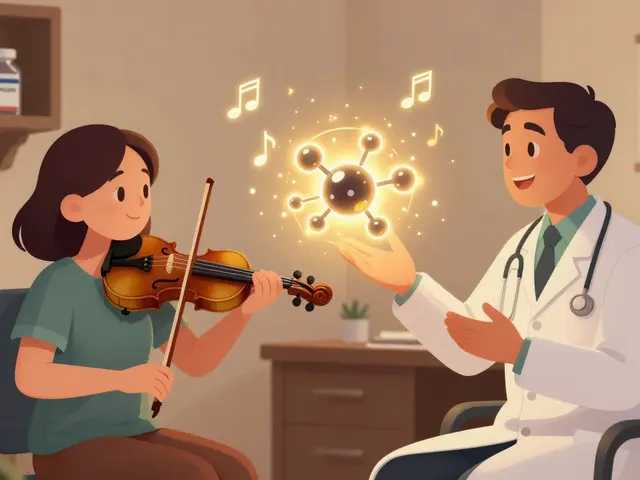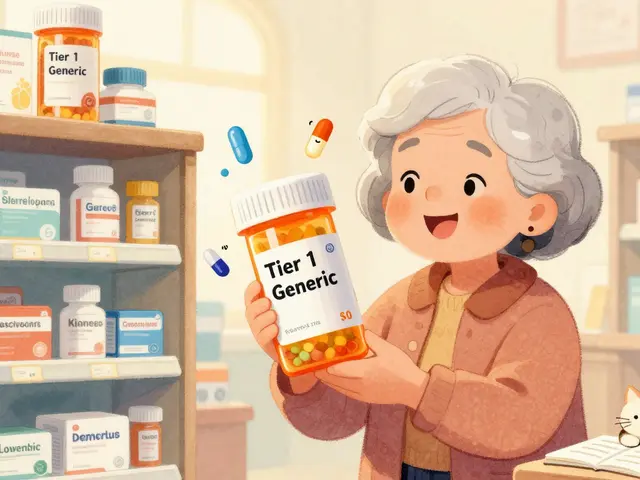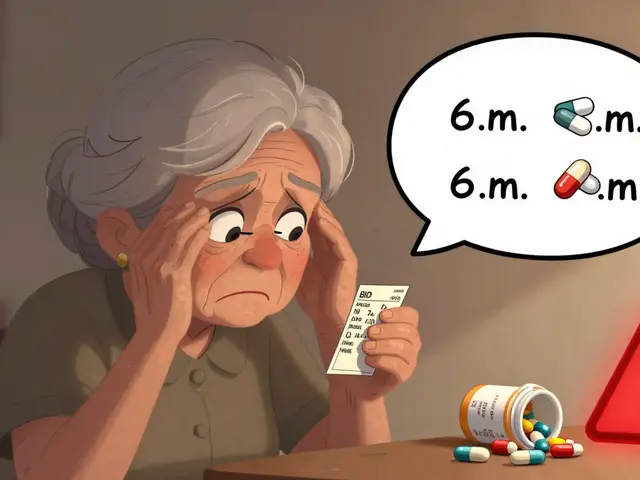
Hypoxia: Causes, Symptoms, and How It Affects Your Body
When your body doesn’t get enough oxygen, you’re experiencing hypoxia, a condition where oxygen levels in tissues drop below what’s needed for normal function. Also known as oxygen deprivation, it’s not just a hospital emergency—it can quietly creep in from high altitudes, lung problems, or even poor circulation. You might not feel it at first, but your brain, heart, and muscles start struggling. Think of it like trying to run a car on fumes—it sputters, loses power, and eventually shuts down if you don’t refill.
Hypoxia doesn’t happen in a vacuum. It’s often tied to other health issues. For example, fluid retention, a buildup of excess fluid in tissues that can compress blood vessels and reduce oxygen flow, is a common side effect of heart or kidney problems that also raise hypoxia risk. Then there’s hypophosphatemia, low phosphate levels that weaken red blood cells’ ability to deliver oxygen. Even something as simple as chronic sleep apnea can trigger mild, repeated episodes of hypoxia while you’re asleep—something many people never realize they have.
What does hypoxia feel like? It starts with subtle signs: shortness of breath when you’re not exerting yourself, headaches that won’t go away, confusion, or a blue tint to your lips or fingertips. In more severe cases, it can lead to rapid heartbeat, dizziness, or even loss of consciousness. The key is catching it early. Many of the medications and supplements discussed in our articles—like those for heart failure, asthma, or sleep disorders—are used specifically to prevent or manage oxygen shortages. You won’t find a single cure, but you’ll find clear, practical ways to recognize the warning signs and understand what treatments actually help.
Below, you’ll find real, no-fluff comparisons of medications and conditions that connect directly to oxygen levels in your body. From how certain drugs affect breathing to how nutrient gaps worsen tissue oxygen use, these guides cut through the noise. Whether you’re managing a chronic condition or just trying to understand why you’re always tired, this collection gives you the facts you need to take action.
-
18 Oct







